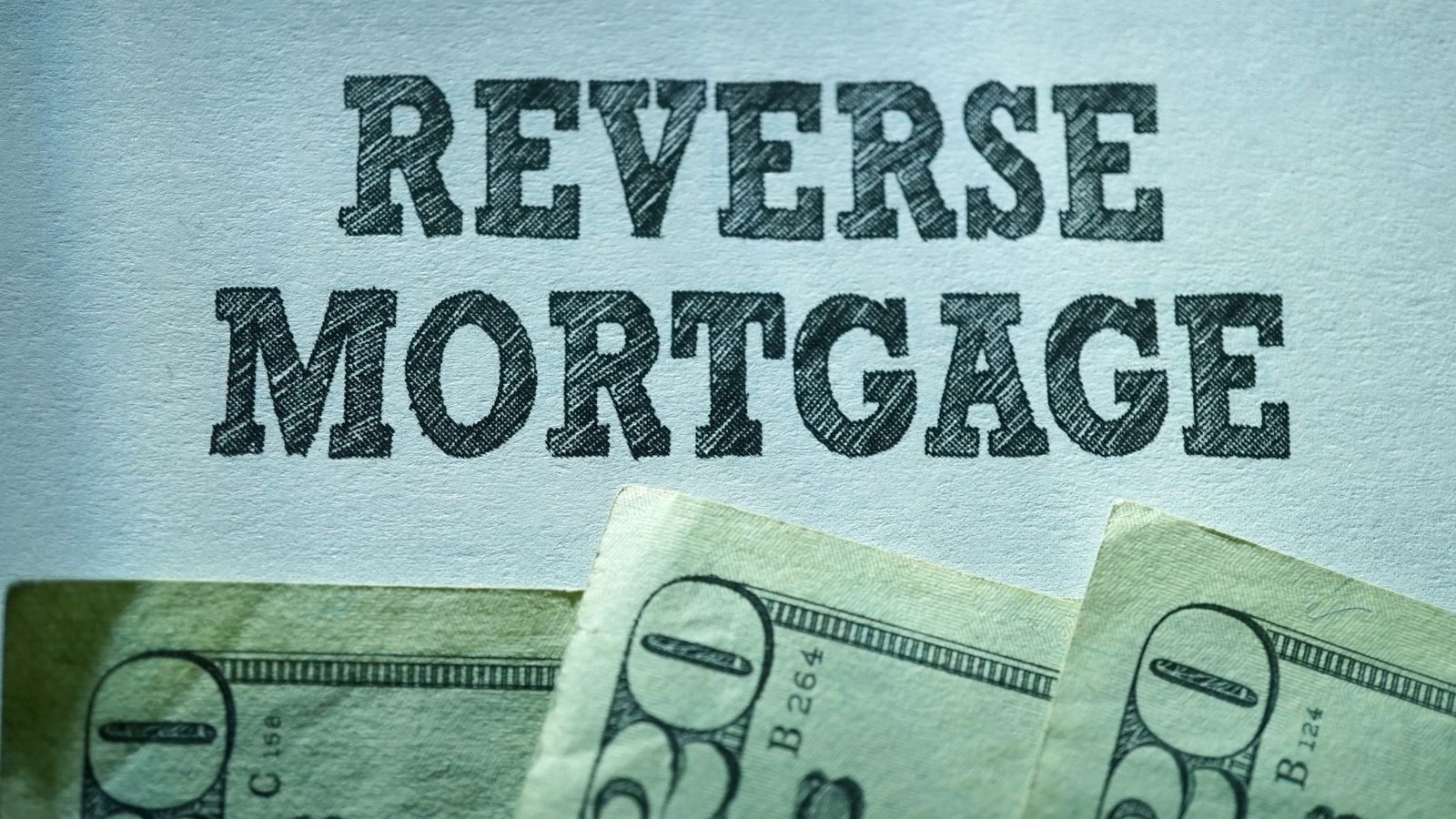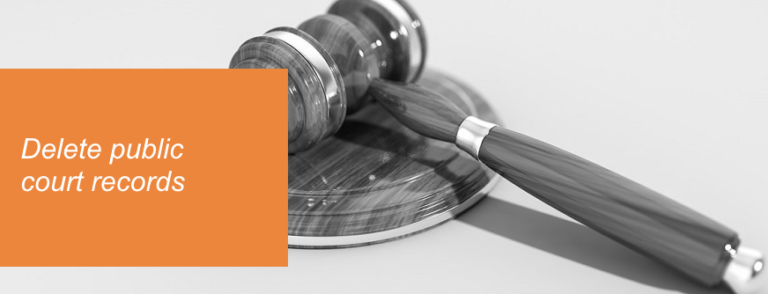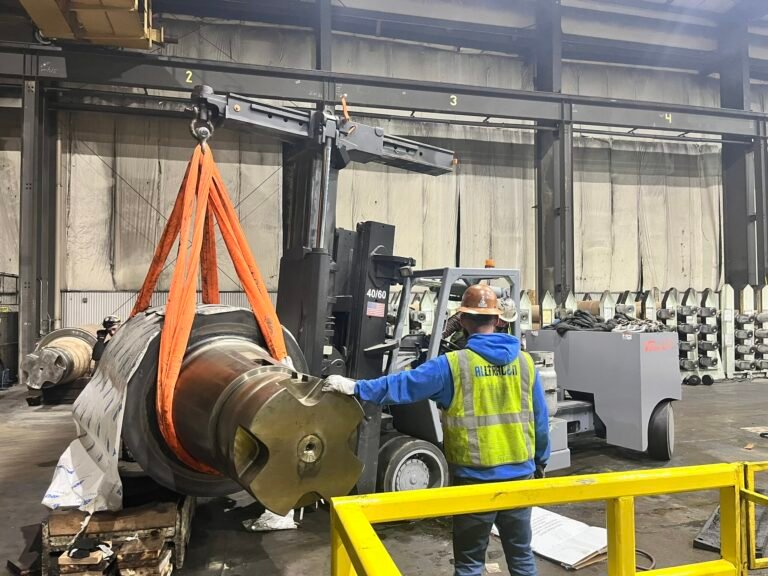Understand the Way to Pay Off Your Reverse Mortgage Early
For many, the idea of a reverse mortgage is one that is too good to be true. It is a unique offering that allows you, as a borrower, to leverage the equity in your home to set up a steady stream of funds. What makes it different than the normal mortgage or LAP loan is that you aren’t responsible for paying off the loan until a specific set of maturity events get triggered. This means you can enjoy the benefits of funding without any concerns, so long as you adhere to the loan terms.
It is these benefits that make the reverse mortgage a viable financial solution to ensuring financial security all through your golden years. With this instrument, senior citizens can sustainably rely on having access to money without having to bear the burden of repayment.
However, there may be instances where you want to start repaying this debt ahead of time. It is important to know all you can about such an undertaking as this information gives you options to explore, should you be in this situation. To that end, take a look at the following pointers to gain clarity on repaying the reverse mortgage debt early.
Which are the maturity events that trigger loan repayment?
While you can opt to repay your loan voluntarily during the tenor, there are few specific maturity events that can occur, and these trigger loan repayment. The common maturity events are as follows.
- The death of the primary borrower:
As per the reverse mortgage rules, the loan must be repaid in full after the primary borrowers pass. This responsibility falls onto the heirs and they have the option to either pay with personal funds or sell the home to repay the dues. In any case, the death of the primary borrowers is the first type of maturity event to take note of. - Violation of loan terms:
Defaulting on the loan terms is a common problem that could lead to early repayment of the reverse mortgage. For instance, in most cases, loan repayment starts when you permanently leave the home. However, if you leave the primary residence for more than 12 months, be it by going on a holiday, living with your children or shifting to a nursing home, you are considered to have permanently left the home. Such violation of the terms will cause the lender to initiate loan repayment protocols. - The sale of the home:
Lastly, selling the home is another maturity event that triggers repayment. During retirement, many decide to shift homes in search of better provisions, climate or simply to be closer to family. In such cases, you will end up violating the requirement as it will no longer be your primary residence and you won’t own equity in it. As such, the proceeds from the sale will have to go toward repayment of the reverse mortgage.
What are the common reasons to repay the reverse mortgage early?
There are several reasons to want to start repaying the reverse mortgage before you have to. As a borrower, you may have excess funds after your monthly expenses and may want to reduce the overall outgo when you have the pay the loan in full.
In other cases, you may be looking to optimise your finances or change your mind about the need for the reverse mortgage, in which case, you will have to repay the outstanding amount.
Besides these, here is a brief overview of the common reasons to repay the loan early.
- When you want to move to a new place:
If you decide to move to a new place, you have to repay the loan or sell the house. To retain the home, you will have to repay the loan completely and only then are you allowed to move while retaining ownership. - When you don’t need the proceeds anymore:
If you manage to set up an alternate stream of income and no longer need the funds, you may repay the loan early. - When you change your mind about the reverse mortgage:
There may be many reasons that could cause you to change your mind about the undertaking. A common one is a familial dispute among the heirs, which could lead to reconsider the need for this instrument altogether.
What are the different ways to repay the reverse mortgage?
There are two main ways to repay the reverse mortgage. First, you can make monthly payments, as per the prevailing mortgage loan rates, before a maturity event triggers. This can be done through online payment, auto-debit features or by cheque. The second option is to sell the home. With this method, the entire amount is repaid and you don’t have to pay anything extra, even if the outstanding loan balance is greater than the value of the home.
Whether the goal is to keep the reverse mortgage loan balance from amortising negatively, or if you’re simply looking to explore other financial options, these tips are sure to come in handy. With such a unique offering, being informed about these options allows you to enjoy a sense of confidence in the fact that you can find a solution that works for you. During your retirement, taking the right financial steps is crucial to enjoying the peace of mind that comes with these golden years.







